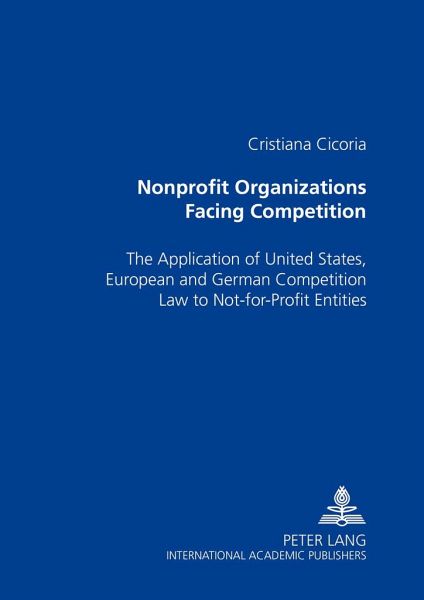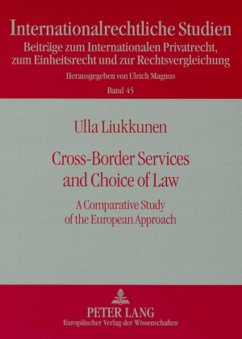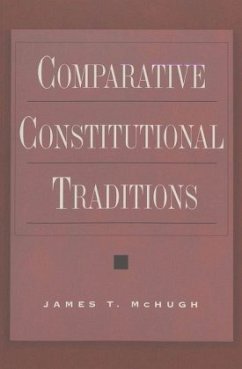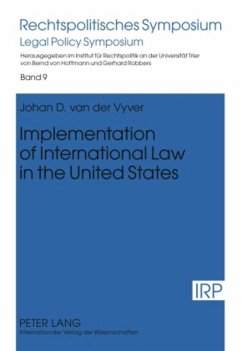
Nonprofit Organizations Facing Competition
The Application of United States, European and German Competition Law to Not-for-Profit Entities
Versandkostenfrei!
Versandfertig in 6-10 Tagen
94,35 €
inkl. MwSt.

PAYBACK Punkte
0 °P sammeln!
For a long time it has been assumed that the search for profits was inseparable from the carrying on of an economic activity, which could not be imagined absent the profit-maximizing motive. Nowadays, the role of nonprofit organizations as economic actors, operating in a competitive market, is well recognized. Therefore, these organizations are no longer a priori excluded from the application of competition law. The current United States, European and German rules of competition, however, do not contain specific provisions for nonprofit market actors, which are treated like other profit-maximi...
For a long time it has been assumed that the search for profits was inseparable from the carrying on of an economic activity, which could not be imagined absent the profit-maximizing motive. Nowadays, the role of nonprofit organizations as economic actors, operating in a competitive market, is well recognized. Therefore, these organizations are no longer a priori excluded from the application of competition law. The current United States, European and German rules of competition, however, do not contain specific provisions for nonprofit market actors, which are treated like other profit-maximizing undertakings, regardless of their social goals and nonprofit status. In the attempt of filling this gap, this study focuses on nonprofits' infra-sector competition. Though a comparative cross-country analysis, the study discusses the legal and economic implications of the enforcement of competition law against nonprofit organizations, and suggests some possible legal normative criteria which could facilitate the future applicability of these norms to not-for-profit entities.














